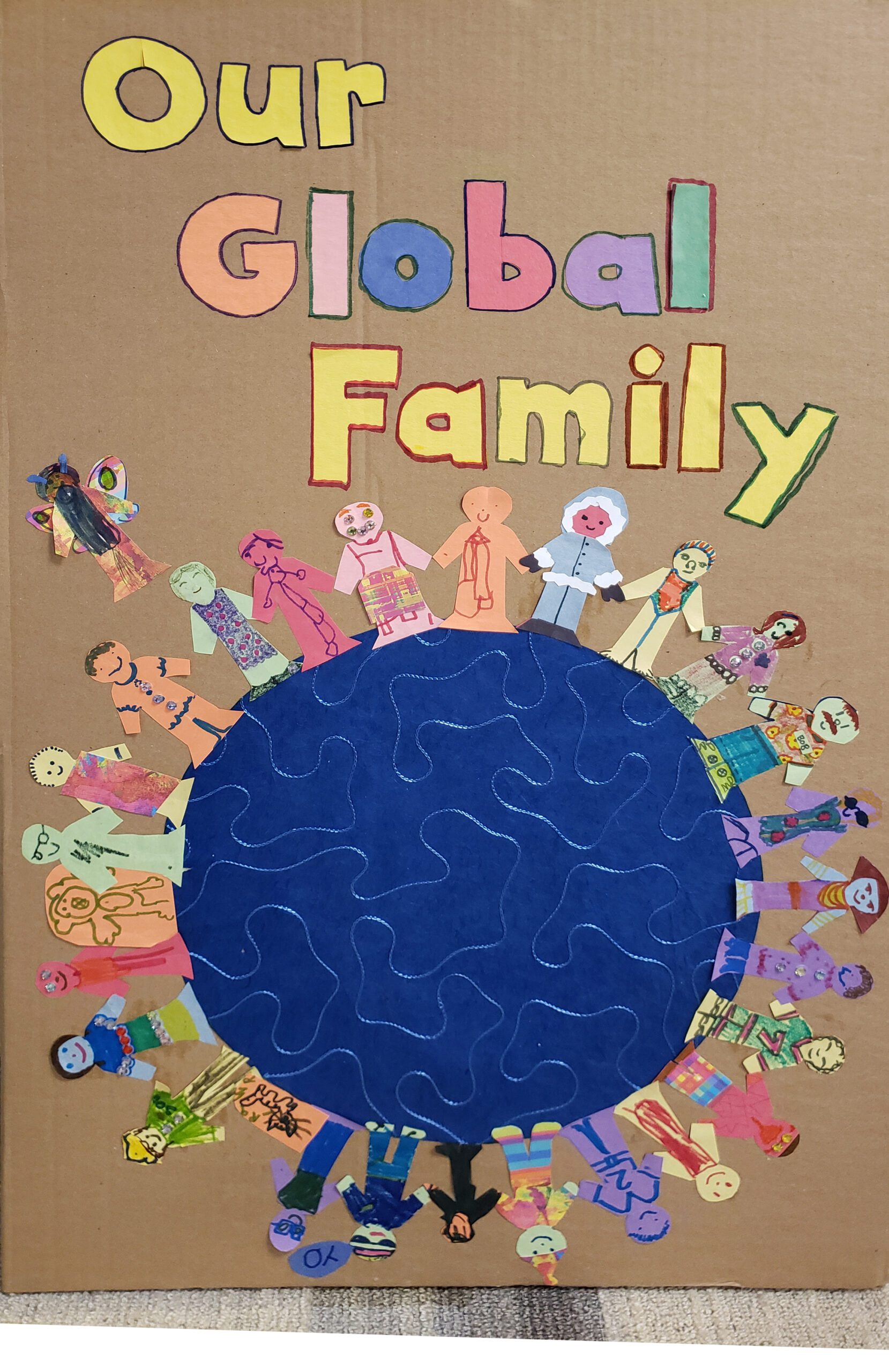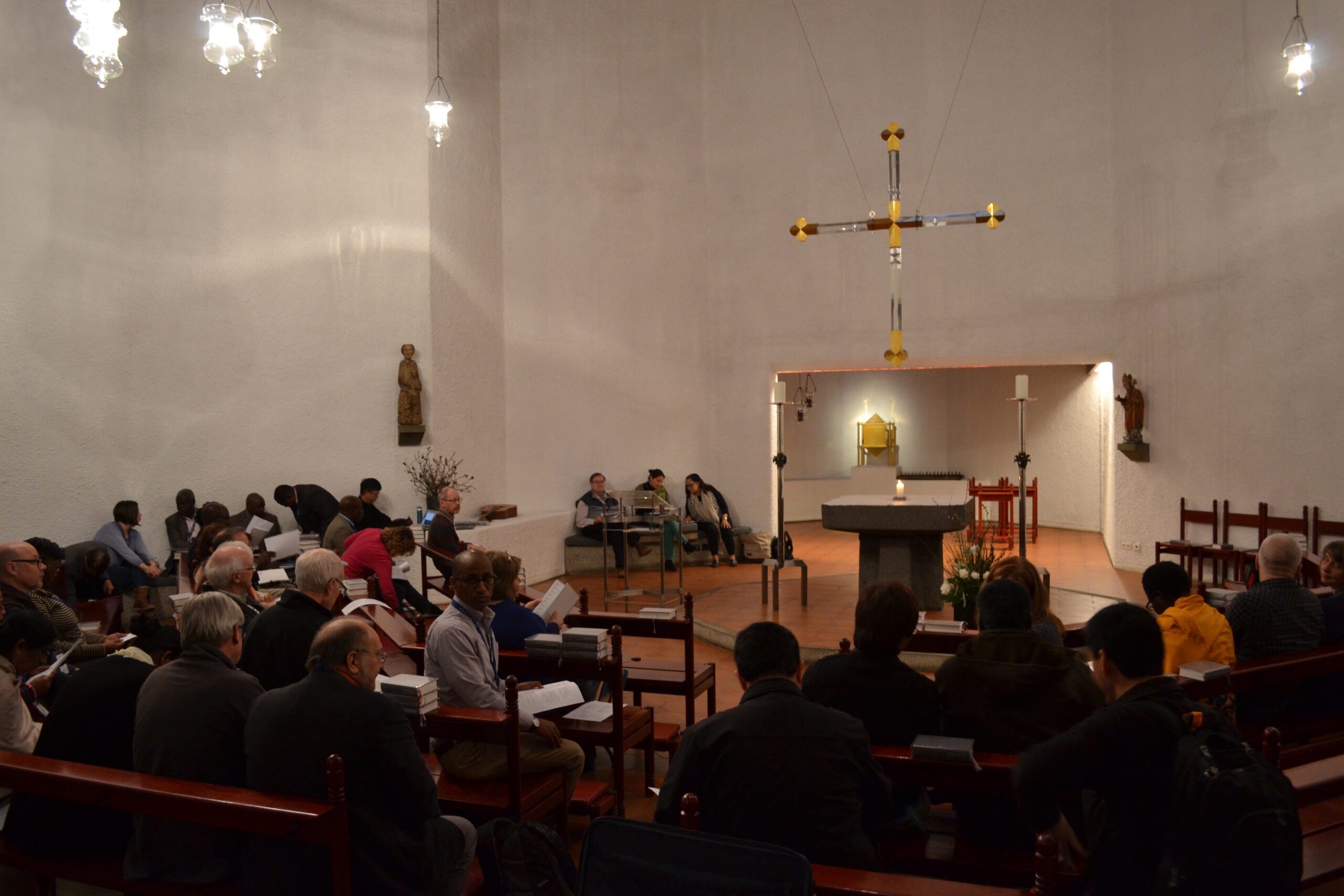-
La credibilidad de Jesús
The way we relate with other churches has a direct impact in our missional witness. That is one reason, among many others, why Mennonite World Conference engages churches of other Christian traditions in dialogue. The credibility of Jesus is more important for us than our doctrinal, ethical or martyrdom pride.
-
A Theology of Interchurch Hospitality and Denominational Identity
Mennonite World Conference embarked on the first formal dialogue process with the Baptist World Alliance in 1989. Since then, MWC has entered into conversations with Lutheran World Federation, Seventh Day Adventists, Catholics, and, most recently, a five year trilateral dialogue with Lutherans and Catholics. Seeing the value of these dialogues, the Faith and Life Commission

